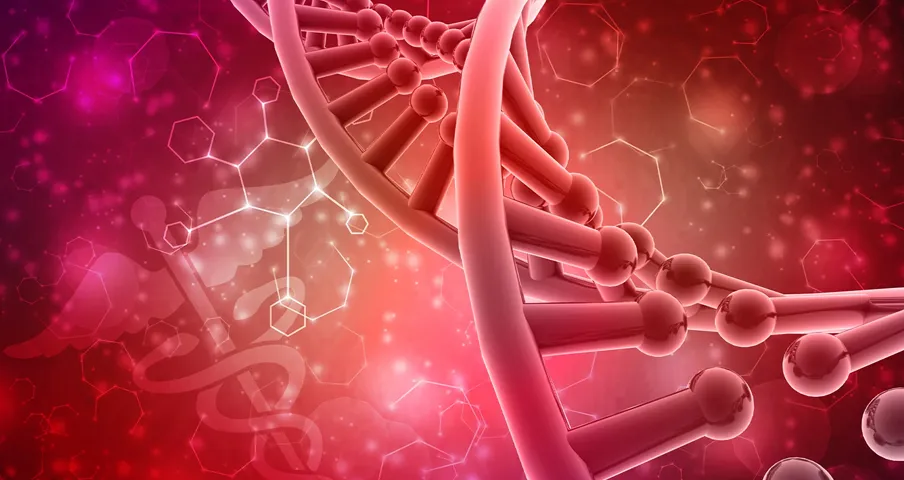Service Category
Hormones
A hormone service is a medical specialty that deals with the diagnosis and treatment of conditions related to hormones, which are chemical messengers produced by the endocrine glands that regulate various physiological and behavioral processes in the body. Hormones play a critical role in growth, development, metabolism, reproduction, and homeostasis.
A hormone service typically includes a team of healthcare professionals who are specialized in the study of hormones and their functions. This team may include endocrinologists, laboratory technicians, and nurses.
Here are some key services that a hormone service may offer:
Diagnostic Testing: A hormone service provides diagnostic testing for conditions related to hormones, including hormonal imbalances, endocrine disorders, and reproductive disorders. This may involve the use of laboratory techniques such as radioimmunoassay and enzyme-linked immunosorbent assay (ELISA).
Hormone Replacement Therapy: A hormone service may provide hormone replacement therapy for patients with hormonal imbalances or endocrine disorders. This may involve the use of hormone medications, such as thyroid hormone replacement or insulin therapy.
Fertility Services: A hormone service may provide fertility services for patients with reproductive disorders. This may involve the use of assisted reproductive technologies, such as in vitro fertilization (IVF), and hormonal therapies, such as ovulation induction.
Patient Education and Support: A hormone service may provide patient education and support services, including patient education materials, support groups, and other resources.
In summary, a hormone service is an essential component of modern healthcare, providing diagnostic testing, hormone replacement therapy, fertility services, transgender health services, and patient education and support related to conditions related to hormones. By offering a range of services, a hormone service can help improve patient outcomes and quality of life.



